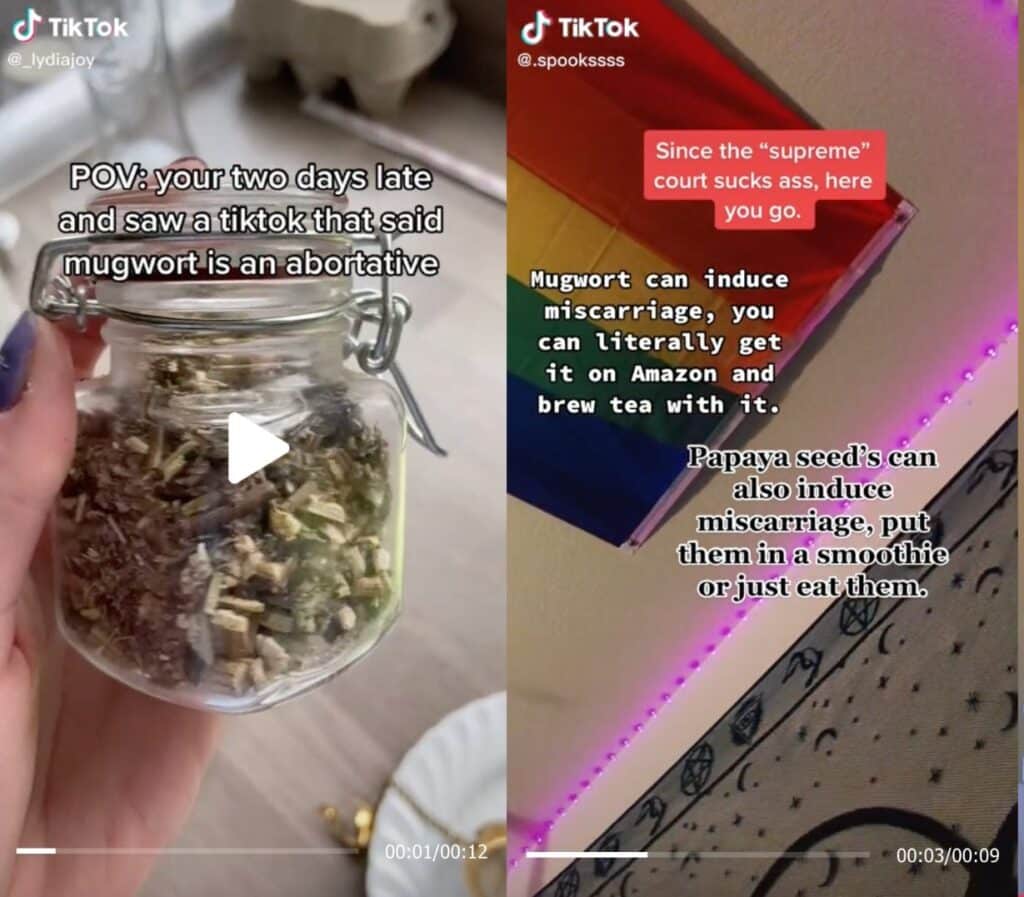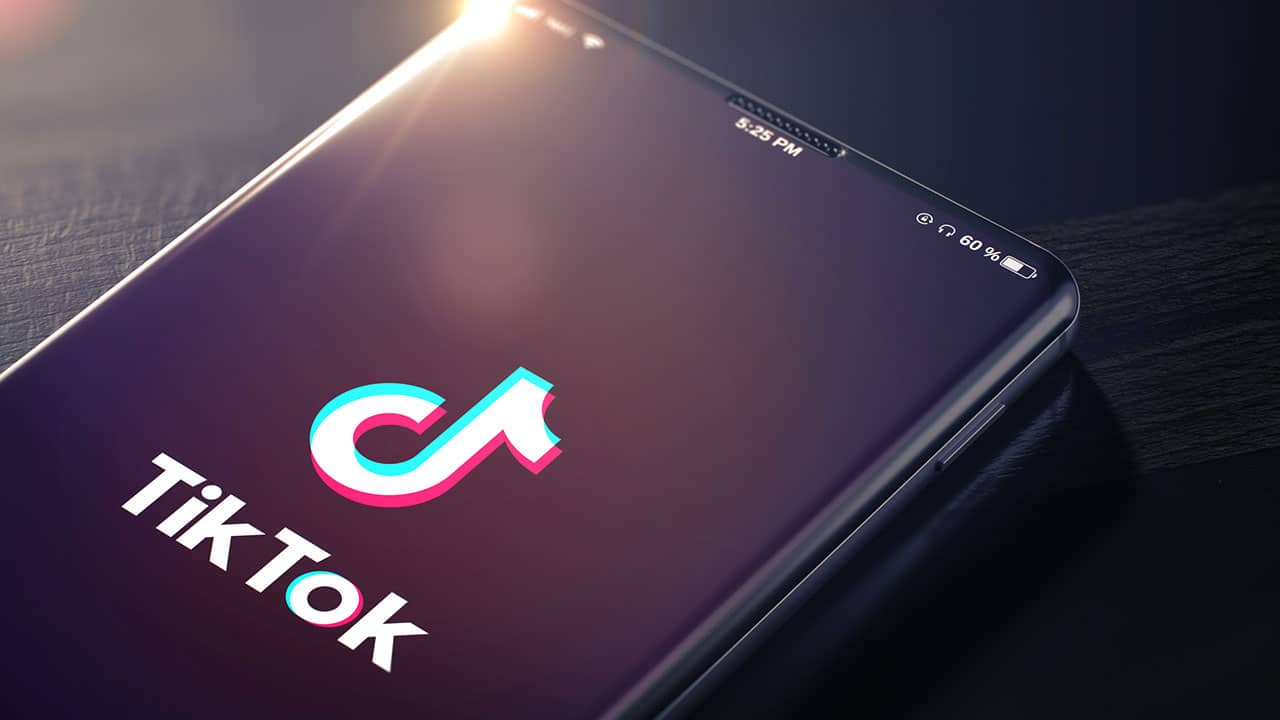A few weeks ago we talked about how TikTok is becoming the “new Google” of Generation Z. In fact, in recent months, more and more teenagers are using the Chinese social network to search for useful information on topics of various kinds. And while this may increase the growth of the application, at the same time it is creating quite a few problems for it. A recent NewsGuard investigation, in fact, found that TikTok has a big one problem with disinformation. A statement that puts the platform in great difficulty.
TikTok and disinformation: the Chinese social network has a problem with fake news
Thorny issue for TikTok. A NewsGuard survey found that for a sample of research on important current events about 20% of the videos present in the search results contain incorrect information. In response, a spokesperson for the company said TikTok’s guidelines make it clear that “harmful disinformation, including medical misinformation,” is not allowed, and that it will be removed from the platform. “We work with credible voices to elevate authoritative content on public health topics – added the spokesperson – and we work with independent fact-checkers who help us evaluate the accuracy of the content”. Not surprisingly, according to a report from the company, in the first quarter of 2022 TikTok has removed over 102 million videos for violating its community guidelines.

Still, the NewsGuard investigation speaks volumes. In recent weeks, analysts of the platform have compared the search results of TikTok and Google on topics such as the conflict between Russia and Ukraine, abortion, Covid-19 and more. From this research it emerged that TikTok has repeatedly shared videos containing fake news in the first twenty results. And often within the top five. Google, on the other hand, provided higher quality results, proving itself to be a more secure source. More than the detail, NewsGuard has analyzed 540 results of TikTok and found that 105 videos, or about the 19.4%contained false or misleading claims. These videos mostly responded to research such as “2022 elections” and “mRNA vaccine”, but also to a number of rather controversial topics such as “Uvalde tx conspiracy”.
Furthermore, it would seem that many contents related to disinformation on TikTok respond to the searches suggested by the App itself. For example, when a user enters the term “climate change”, TikTok suggests searching for “climate change denied” and “climate change does not exist”. As for the search term “Covid vaccine”, the App suggests terms such as “Covid vaccine damage”, “Covid vaccine truth” or “Covid HIV vaccine”. And this is already a signal of how much the results of the social network can contain false and biased news. Indeed, someone has even thought that the social network itself pushes users towards untrue results. On the other hand, Google has prevailed in practically every search, proving to be a more serious and secure engine.
Apparently, then, the rampant misinformation on TikTok is closely related to the number of video of home remedies shared by users. The shortage of infant formula, for example, has led many users to share content promoting “do-it-yourself” milk, which pediatricians themselves have defined as “dangerous”. And that’s not all. After the overturning of the Roe vs Wade ruling, videos of herbal remedies for abortion have increased exponentially. Insider reported that a video of which suggests that mugwort may induce a miscarriage he had over 1 million views on social. But clearly there is no scientific evidence for this. At this point, it is evident that TikTok has a huge problem with disinformation. And this cannot help but worry us. In fact, teenagers all over the world are collecting fake news day after day. And that’s not good, it’s obvious.















Leave a Reply
View Comments